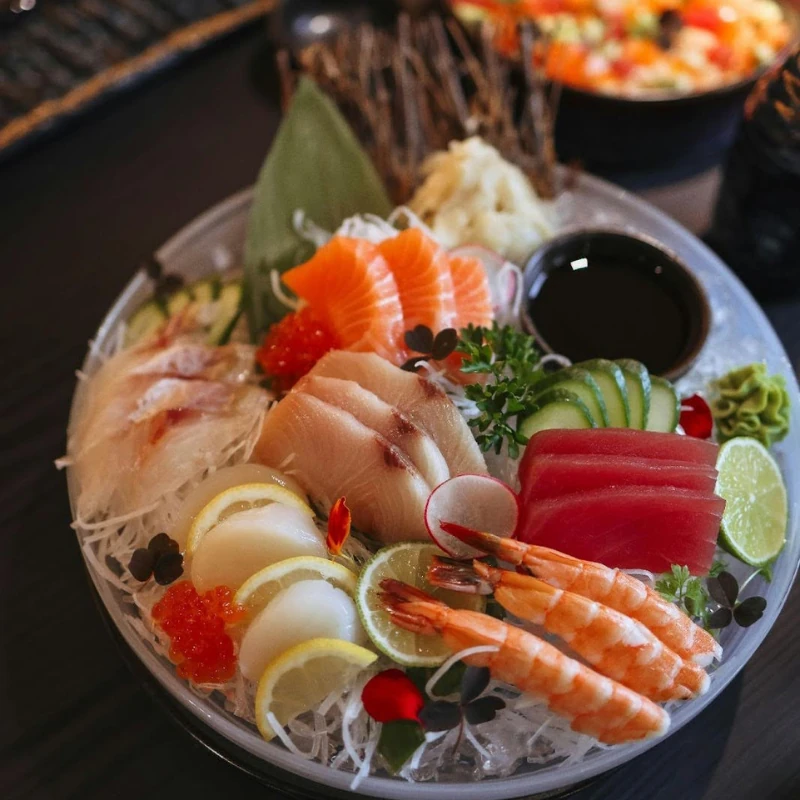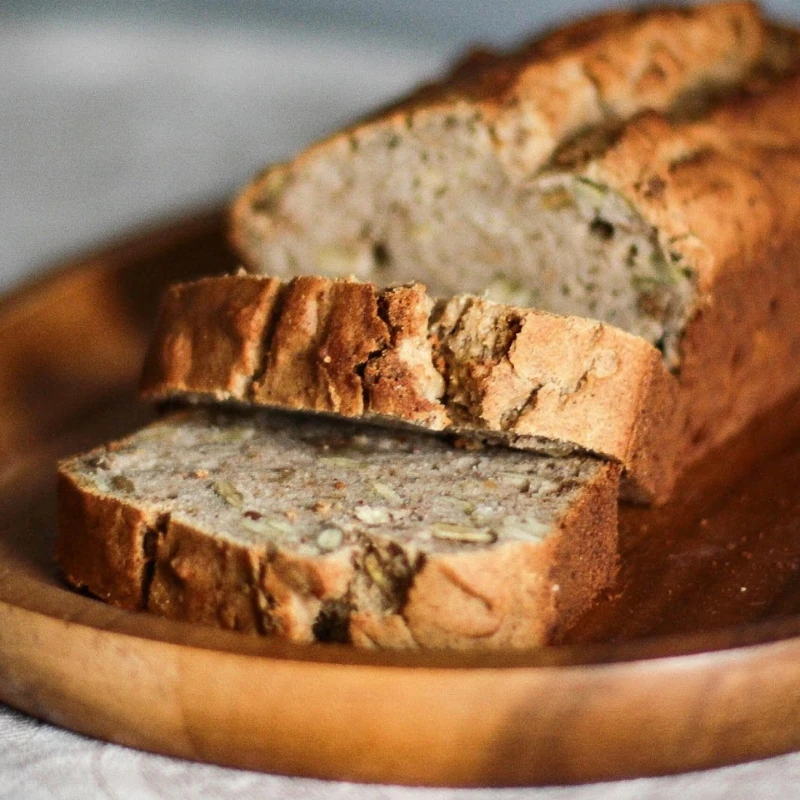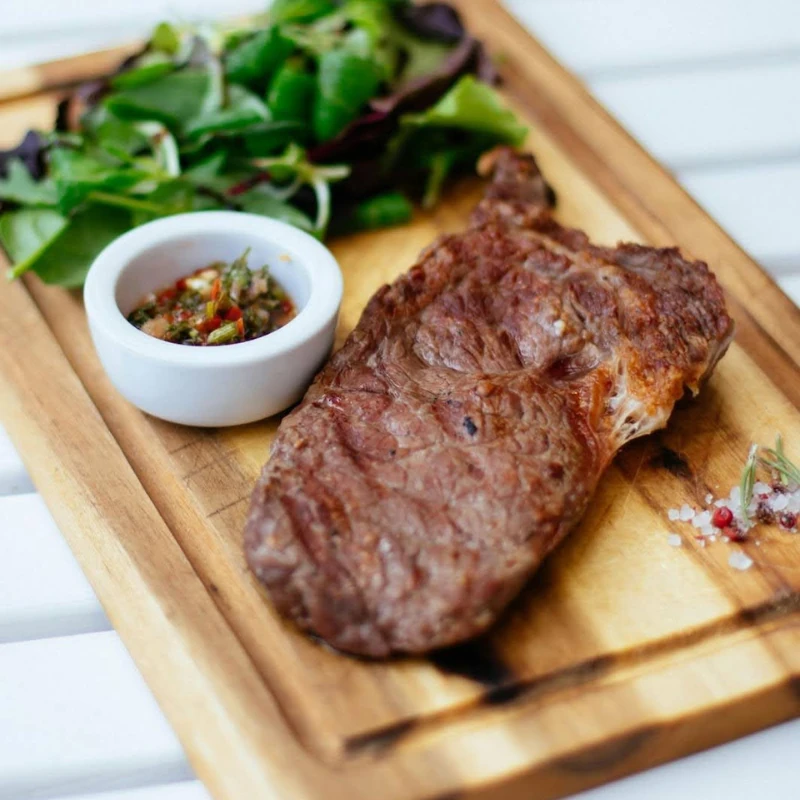What are the foods that begin with B
Many tasty and healthy foods start with the letter B. Some of these are fruits, some are vegetables, and others are snacks or meals. In this blog, we will discuss whole foods, processed foods, snacks, and dishes that begin with the letter B.

Foods that start with B
1. Banana
- Scientifically, bananas are from the Musaceae family. They are packed with sugars, fibers, potassium, magnesium, vitamin C, and manganese. It is very beneficial for cardiovascular health, Digestion, and weight control. Nutritionally, one medium-sized banana has
- Calories: 89
- Water: 75%
- Protein: 1.1 grams
- Carbs: 22.8 grams
- Sugar: 12.2 grams
- Fiber: 2.6 grams
- Fat: 0.3 grams
This shows that bananas are enriched with nutrients. They instantly improve the blood sugar levels of glycemic patients. Recent research shows that they have a very positive role in cardiovascular health. They are also packed with antioxidants that help to kill free radical damage to the body. They are also good for kidney health.
2. Blueberry
Blueberries are small and round and have blue-colored berries. Nutritiously, they have phosphorus, calcium, magnesium, and vitamin C. They strengthen bone health due to the presence of vitamin K. They have antioxidants, particularly vitamin C and anthocyanins. They help to protect the body from diseases and support brain function. Blueberries also promote heart health and can reduce the risk of diabetes. They also lower blood pressure. They enhance the taste of cereals, yogurt, smoothies, and desserts.
3. Broccoli
This is a green vegetable that looks like a small tree. It is enriched with vitamins A, C, and K, iron, potassium, and fiber. It reduces the risk of cancer, also protects the gut from harmful pathogens, supports the immune system, improves bone health, and aids in blood clotting. Broccoli is also high in fiber, making it helpful for Digestion. It also contains sulforaphane, a compound that is proven to help prevent cancer and lower blood sugar levels. It can be eaten raw in salads, steamed, roasted, or stir-fries.
4. Bread
Bread is a typical food made from flour and water. It is rich in calcium, fiber, protein, iron, and vitamins. Different types of bread exist, such as white bread, whole wheat bread, and multigrain bread. Whole grain and multigrain bread are rich in fiber, B vitamins, and minerals like magnesium, which support heart health and Digestion. Bread is used to make sandwiches, toast, and many other dishes.

5. Butter
Butter is made from milk and used for cooking and baking. It contains about eighty percent fat, and the rest is water. It contains healthy fats that provide energy and help absorb fat-soluble vitamins like A, D, E, B12, and K2. It has a minute quantity of lactose, so patients with lactose intolerance should avoid it. People spread butter on bread and also use it in cakes or melt it over vegetables to enhance flavor.
6. Beans
Beans are an excellent source of plant-based protein and fiber. They are proven for weight loss. Many types of beans, such as black beans, kidney beans, pinto beans, and green beans, are present. Beans aid in Digestion, help regulate blood sugar levels, and provide essential nutrients like iron and folate, which are necessary for red blood cell production and homeostasis. They can be added to soups, salads, stews, and rice dishes. It should be used with great care as it can cause bloating.
They prevent cancer.
7. Beef
Beef is a rich source of protein and iron, which are essential for muscle development and oxygen transport in the body. Beef is rich in various vitamins and minerals, especially iron and zinc. Beef has a surplus amount of iron in it and is suitable for blood health. It also contains B vitamins, including B12, which is necessary for nerve conduction and energy production. It can be grilled, baked, or used in dishes like stews, curries, and burgers. It is linked with damage to cardiovascular health and also contributes to cancer.

8. Basil
Basil is a fragrant green herb commonly used in cooking and Chinese traditional medicine. It has antioxidant and anti-inflammatory properties that support heart health and Digestion. Basil is primarily used in Italian dishes, such as pasta and pizza, and is a main ingredient in pesto sauce. It also has antibacterial properties and can be used in herbal teas.
9. Brown Rice
Brown rice is a whole grain that is richer in fiber and nutrients than white rice. It is a replacement diet for diabetic patients as it has very low sugar. It is essentially used for body weight control. It contains manganese, which is good for metabolism and bone development, and selenium, which supports the immune system. Brown rice is beneficial for Digestion and keeps the stomach full for a long time. It can be served with vegetables, meat, or beans as a healthy meal option.
10. Blackberries
Blackberries are juicy, dark-colored berries enriched with vitamins C and K, fiber, and antioxidants. They have high fiber, which regulates the gut environment. They help improve brain function and can reduce inflammation in the brain, enhance immunity, and promote heart health. They are helpful to minimize infection of gums. Blackberries are also suitable for skin health and Digestion. They can be eaten fresh, added to desserts, also blended into smoothies, or used in jams and jellies.
11. Brussels Sprouts
Brussels sprouts are small, leafy green vegetables related to the cabbage family. They are rich in fiber, vitamins C and K, and antioxidants. They maintain blood sugar levels and are also anti-inflammatory in nature. Eating Brussels sprouts helps improve Digestion, supports bone health, and may reduce the risk of chronic diseases. They can be roasted or steamed.
12. Butternut Squash
Butternut squash is a sweet and nutty-tasting vegetable, and it is packed with vitamins A and C, which are essential for vision, immune health, and skin health. It also contains fiber and potassium, which helps to maintain blood pressure. It is a suitable and protective UV light for the eyes. Butternut squash can be roasted, pureed into soups, or mashed as a side dish.
13. Black Tea
Black tea is a popular beverage known for its rich flavor and health benefits. It reduces blood pressure levels and protects from chronic heart and kidney disease, reducing the risk of stroke. It contains antioxidants and caffeine, which help improve focus and boost energy levels. Black tea may also support heart health and Digestion. It can be enjoyed hot or cold, with or without milk and sweeteners.
14. Barley
Barley is a whole grain rich in fiber, vitamins, and minerals. It helps lower cholesterol, regulate blood sugar, and improve Digestion. It is also helpful for losing weight. Barley is often used in soups, stews, salads, and bread. It can also be made into barley water, a refreshing and hydrating drink.
Conclusion
Many nutritious and tasty foods start with the letter B. From fruits and vegetables to grains and proteins, each offers unique health benefits. Including these foods in your diet can help improve overall well-being and provide essential nutrients for a balanced lifestyle. Try adding some of these foods to your meals and enjoy their delicious flavors and health benefits!
